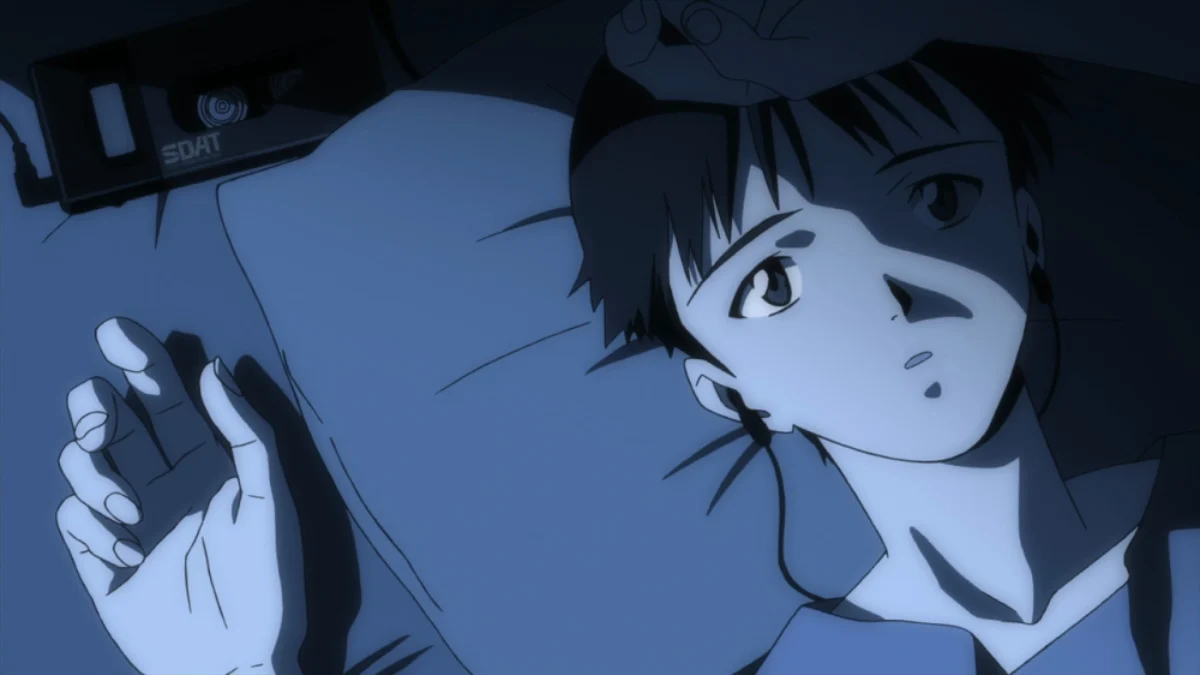
Shinji Ikari is the central character in ‘Evangelion,’ a 14-year-old boy selected to pilot a giant, living machine and fight against threats that could destroy humanity. The series follows how his sense of responsibility, past trauma, and need for connection influence his decisions. Throughout the original series, the movies, and subsequent retellings, the creators use Shinji to examine themes of self-discovery, independence, and the sacrifices made when trying to save—or change—the world. The depth of his personality, relationships, and key experiences are what make his story so memorable and frequently discussed in the anime community. Here are ten specific elements that define who Shinji is and why his story continues to resonate with audiences.
‘Neon Genesis Evangelion’ (1995–1996)
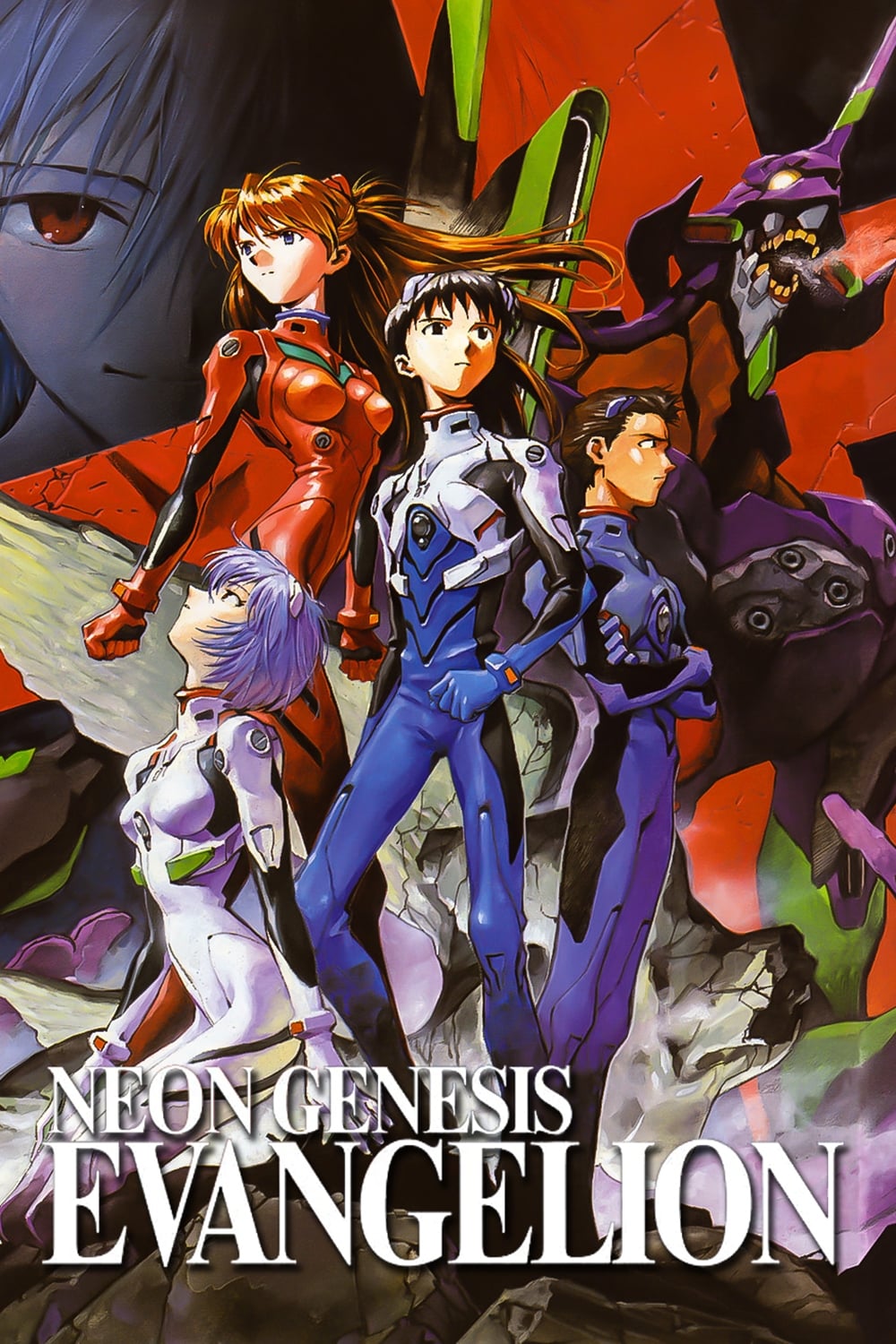
Shinji is the third young pilot chosen by NERV to control a giant robot called Evangelion Unit-01, tasked with protecting Tokyo-3 from monstrous beings called Angels. The show balances his everyday life – school, living with a guardian, and training – with the challenges of being a pilot alongside other young people. Each battle is shown alongside its impact on both the organization’s plans and the pilots’ emotional well-being. The series also introduces important concepts like AT Fields and Dummy Plug systems that become central to the larger story.
Pilot of Evangelion Unit-01
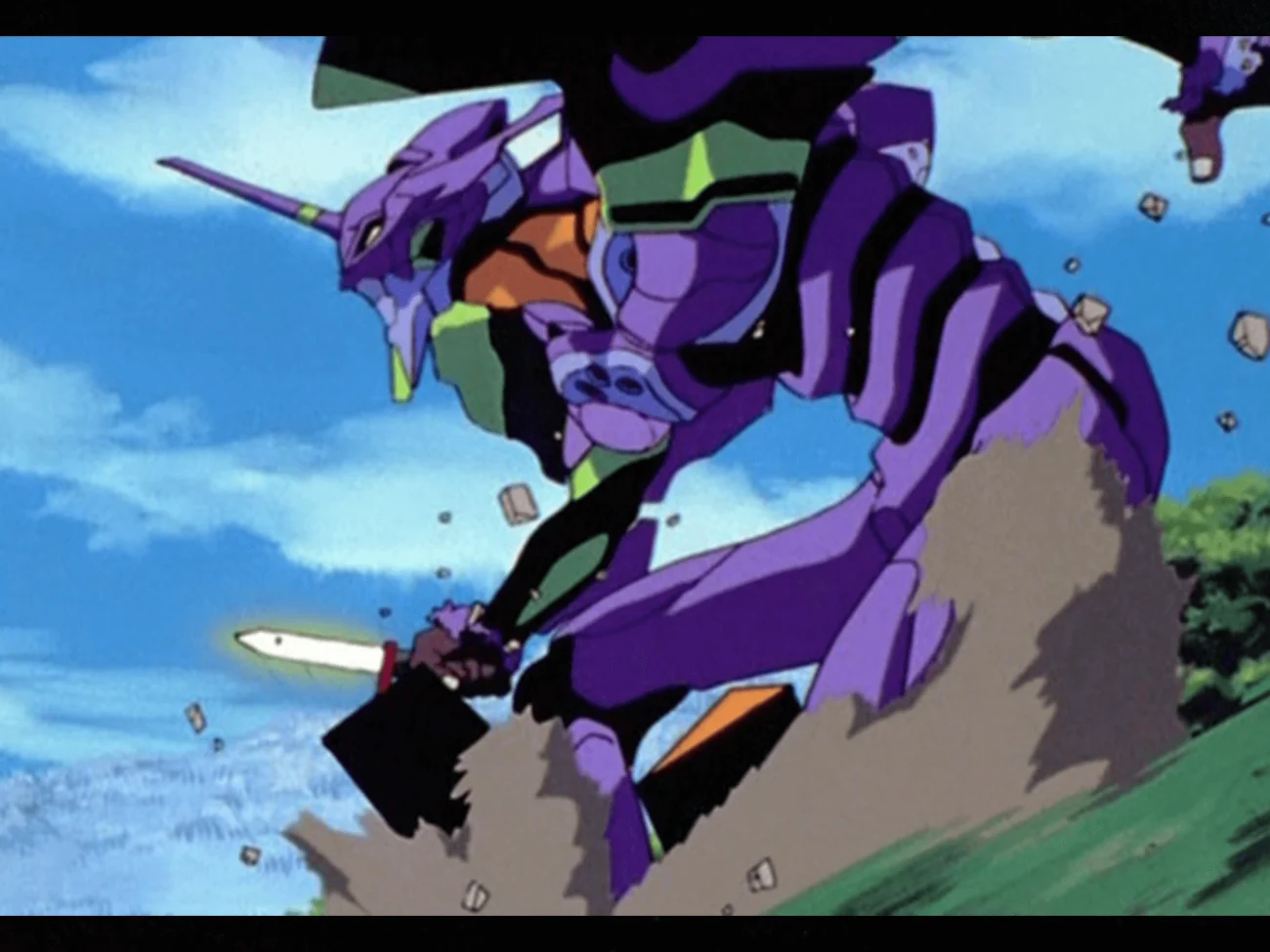
Shinji pilots Unit-01, a cyborg that connects to a pilot’s nervous system through a liquid called LCL. Unit-01 is unusual because it often acts on its own, even protecting Shinji without being told to. While normally powered by a cable, Unit-01 can fight for a short time on its own internal battery. How well Shinji performs in battle often depends on staying connected to Unit-01, even when under pressure, and following NERV’s orders.
Unusual Synchronization and Berserk Phenomena
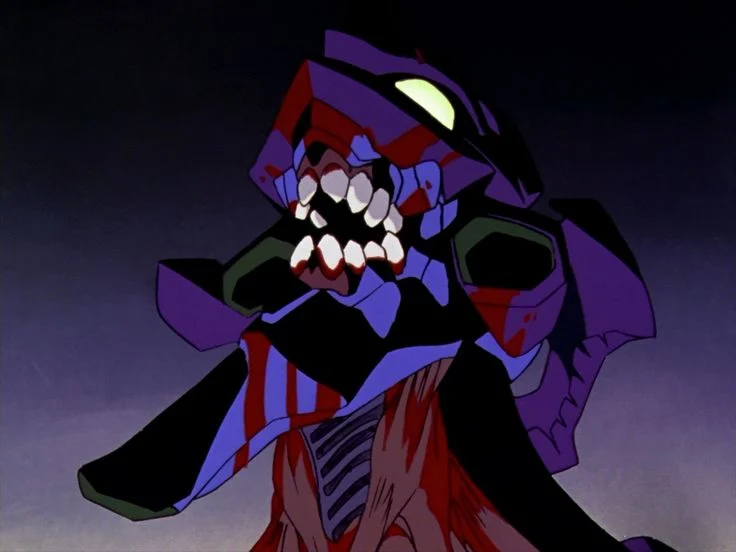
Shinji has a remarkably strong, but unpredictable, connection with Unit-01. This makes the EVA very responsive, but also creates a risk of losing control. When pushed to its limits, Unit-01 has gone into a dangerous, uncontrolled state, ignoring commands and attacking on its own to eliminate enemies. These events suggest that Unit-01 isn’t just a machine – something else within it responds to Shinji’s piloting in a way that goes beyond normal control. This often forces commanders to change their battle plans mid-fight and rethink how they approach future missions.
“I mustn’t run away” — Recurring Mantra
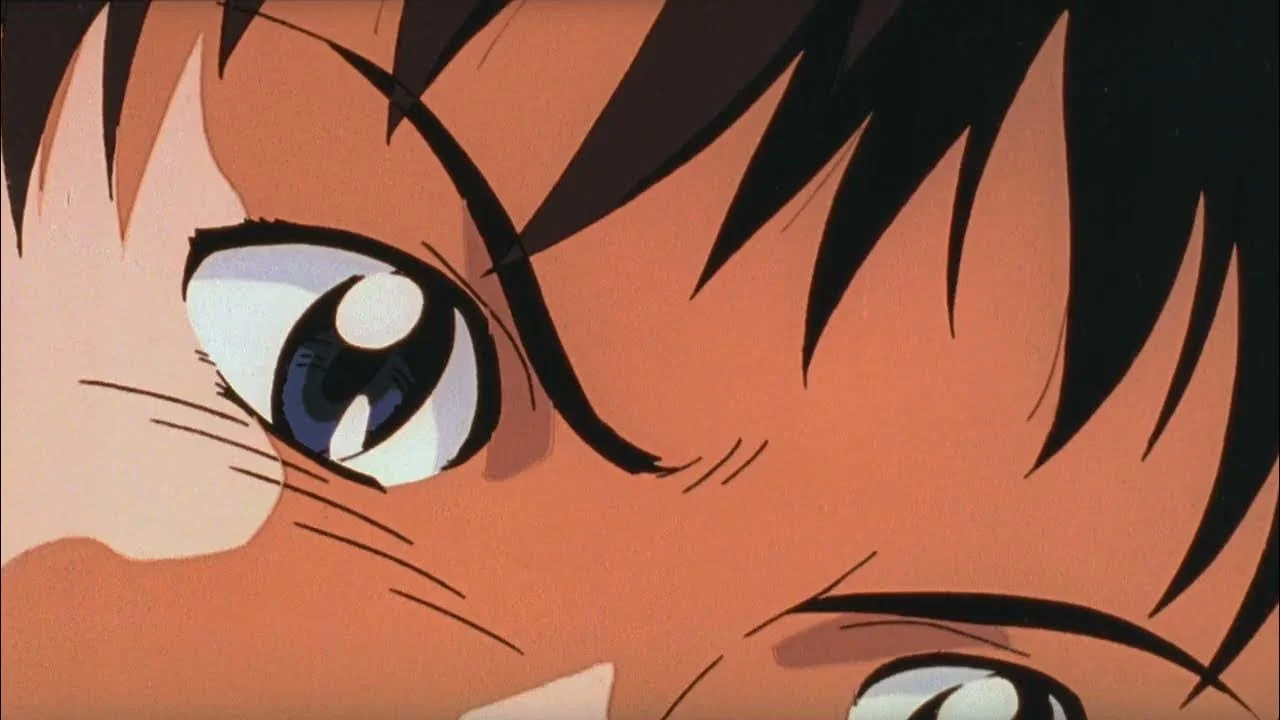
Throughout the series, Shinji frequently says, “I mustn’t run away,” as a way to motivate himself. This phrase consistently appears during moments of decision, particularly before challenging missions or tough talks, signaling a shift from uncertainty to action. It serves as a recurring motif for viewers, connecting different parts of the story. The line’s widespread use – in merchandise, subtitles, and the script itself – has made it a defining characteristic of the character.
The Hedgehog’s Dilemma in Practice
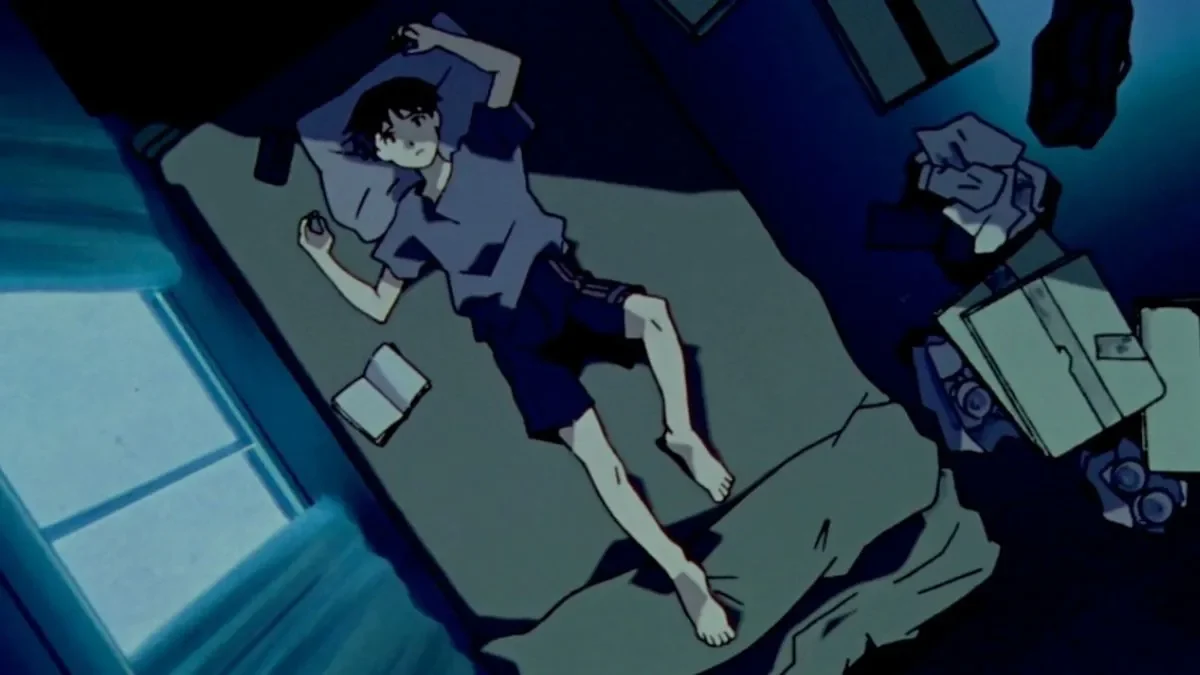
The story uses the idea of the Hedgehog’s Dilemma – the struggle to get close to others without getting hurt – to explain the difficulties Shinji and other characters have with forming relationships. We see this play out in everyday settings like school, their living space, and after missions. Even small actions, such as accepting a request for help, feel incredibly important to Shinji. This idea of balancing closeness and pain becomes a recurring theme throughout the series, especially as relationships change after each battle.
Musician: The Cello

Shinji plays the cello, often practicing by himself and performing basic songs he’s memorized through practice, not because he has big goals for it. The cello is shown in peaceful, everyday scenes, which creates a contrast with the intense action of battles. Playing the instrument gives Shinji a calming, personal activity that fits his quiet personality. It also complements the show’s use of sound, balancing gentle, acoustic music with the harsh sounds of machinery.
Family Ties: Gendo and Yui Ikari

Shinji’s life is deeply intertwined with the NERV organization through his parents. His father, Gendo Ikari, leads NERV and controls everything about the EVA pilots, including Shinji’s missions. His mother, Yui Ikari, played a key role in the Evangelion program, influencing both the behavior of Unit-01 and why Shinji was chosen as a pilot. The series reveals connections between the family’s past and NERV’s projects, explaining why Shinji’s personal choices consistently align with NERV’s larger objectives.
The Human Instrumentality Project

Shinji’s choices directly impact the Human Instrumentality Project, a plan to unite all human minds by erasing the lines between individuals. The series shows how his emotional state can either help or hinder this process during moments of intense energy. Instead of being explained directly, the project is revealed through technical details, symbolic scenes, and data displays. Ultimately, whether humanity remains separate or merges into one depends on Shinji’s decisions at key moments.
‘The End of Evangelion’ (1997)

Okay, so this movie takes the story in a completely different direction, throwing everything at Shinji – massive attacks on NERV, a whole army of EVAs, and the full force of Instrumentality. What he *does* during all this chaos is the deciding factor – will humanity stay as one, or will everyone go their separate ways? What’s really clever is how the filmmakers show Shinji’s inner struggles as these huge, external battles. They visually connect what’s happening *inside* his head with the action we see on screen, using cockpit data and psychological imagery. And unlike a lot of films where everything just…ends, this one shows real, lasting consequences for the characters – you actually *see* the aftermath of these events play out.
‘Evangelion: 3.0+1.0 Thrice Upon a Time’ (2021)

This movie concludes the recent series of films by checking in on Shinji after a significant time has passed. He’s now in a completely new environment, learning the ropes and dealing with the consequences of past events. The film follows him through one last mission featuring updated technology, and finally resolves long-standing questions about the EVAs, the characters’ relationships, and the concept of Instrumentality, all while introducing fresh ideas and settings. The ending shows Shinji moving on from his life as a pilot.
Enjoy the article? Share which Shinji detail stood out to you most in the comments.
Read More
- Gold Rate Forecast
- Top 15 Insanely Popular Android Games
- 4 Reasons to Buy Interactive Brokers Stock Like There’s No Tomorrow
- Did Alan Cumming Reveal Comic-Accurate Costume for AVENGERS: DOOMSDAY?
- EUR UAH PREDICTION
- DOT PREDICTION. DOT cryptocurrency
- Silver Rate Forecast
- ELESTRALS AWAKENED Blends Mythology and POKÉMON (Exclusive Look)
- Core Scientific’s Merger Meltdown: A Gogolian Tale
- New ‘Donkey Kong’ Movie Reportedly in the Works with Possible Release Date
2025-10-17 03:45